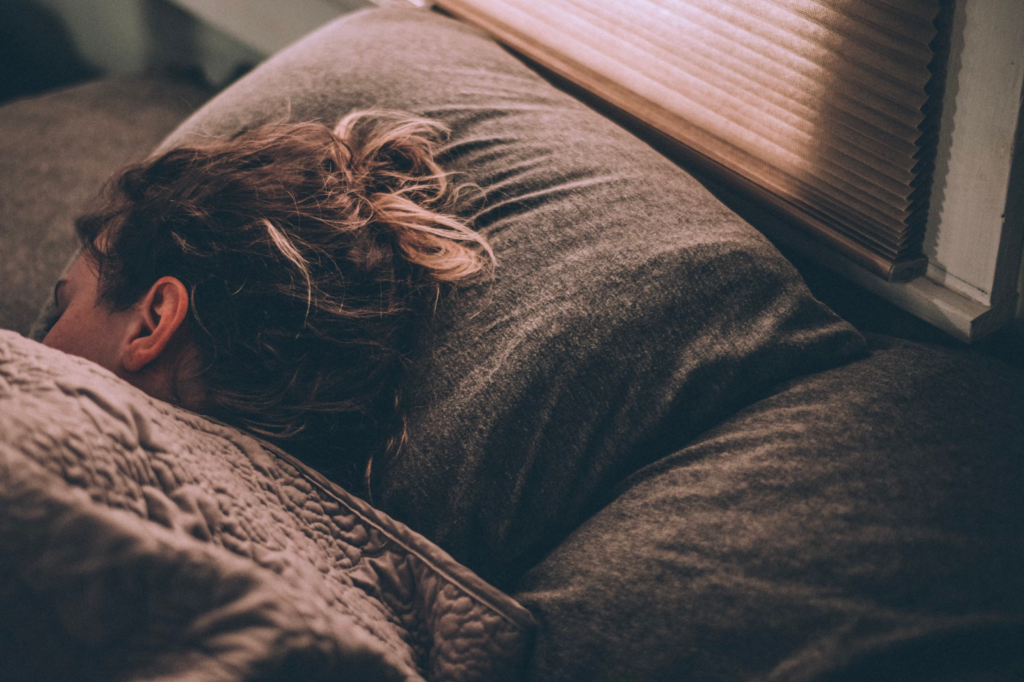We’ve all been there—the tossing, the turning, the endless thoughts racing through your mind as you desperately try to fall asleep. Sleeplessness can be frustrating, affecting not only your energy levels but also your overall well-being. Fortunately, there are practical techniques you can incorporate into your bedtime routine to help you get the rest you need. In this article, we’ll explore six proven methods that can guide you into a peaceful slumber, even when sleep seems elusive.
Establish a Consistent Sleep Schedule
Creating a consistent sleep schedule is a fundamental step in improving your sleep quality. Our bodies thrive on routine, and maintaining a regular bedtime and wake-up time helps regulate your internal body clock. This, in turn, signals your body when it’s time to wind down and when it’s time to wake up. Aim for at least 7-9 hours of sleep each night, and try to stick to your schedule even on weekends. This consistency reinforces your body’s natural circadian rhythm, making it easier to fall asleep and wake up feeling refreshed.
In addition to a set bedtime, establish pre-sleep rituals to signal to your body that it’s time to unwind. This could include activities such as reading a book, taking a warm bath, or practicing relaxation exercises. By associating these rituals with sleep, you condition your body to recognize when it’s time to transition from wakefulness to rest.
Create a Comfortable Sleep Environment
Your sleep environment plays a crucial role in determining the quality of your rest. Make your bedroom a sanctuary for sleep by optimizing its comfort and tranquility. Start with a comfortable mattress and pillows that support your preferred sleep position. The right bedding can make a significant difference in promoting relaxation.
Consider the impact of light and noise on your sleep. Invest in the best sleep accessories for blackouts such as sleeping masks and use earplugs or white noise machines to drown out disruptive sounds. Keep your bedroom cool and well-ventilated, as a comfortable temperature promotes better sleep. Creating a serene atmosphere in your bedroom sends signals to your brain that it’s time to unwind, enhancing your ability to fall asleep.
Limit Screen Time Before Bed
In today’s digital age, many of us are guilty of scrolling through our smartphones or watching TV late into the night. However, the blue light emitted by screens can interfere with the production of melatonin, the hormone responsible for regulating sleep. To improve your sleep quality, establish a screen curfew at least an hour before bedtime.
Instead of staring at screens, engage in calming activities such as reading a physical book, practicing gentle stretches, or listening to soothing music. This not only helps reduce exposure to stimulating blue light but also allows your mind to unwind. Creating this buffer between screen time and bedtime encourages a smoother transition into restful sleep.
Practice Relaxation Techniques
For many individuals, a busy mind can be the main obstacle to falling asleep. Practicing relaxation techniques can help calm your mind and prepare your body for rest. Consider incorporating deep breathing exercises, progressive muscle relaxation, or guided imagery into your pre-sleep routine.
Deep breathing, in particular, activates the body’s relaxation response, reducing stress and anxiety. Try inhaling deeply through your nose for a count of four, holding your breath for four counts, and exhaling slowly through your mouth for another four counts. Repeat this process several times, focusing on your breath, to induce a sense of calmness. These techniques can be powerful tools in quieting the mind and promoting a tranquil state conducive to sleep.
Watch Your Diet and Hydration
Believe it or not, what you eat and drink can significantly impact your ability to sleep. Caffeine, found in coffee, tea, and many sodas, is a stimulant that can interfere with sleep if consumed too close to bedtime. Aim to limit caffeine intake in the afternoon and evening to ensure it doesn’t disrupt your sleep.
Consider Natural Sleep Aids
If you find yourself consistently struggling with sleep, you might consider natural sleep aids to supplement your efforts. Certain herbs, such as chamomile and valerian root, have been used for centuries to promote relaxation and improve sleep. These can be consumed as teas or taken in supplement form, but it’s essential to consult with a healthcare professional before introducing new supplements into your routine.
In the quest for a good night’s sleep, it’s essential to recognize that everyone’s sleep needs and patterns are unique. Experiment with these techniques to find the combination that works best for you. Establishing a consistent sleep schedule, creating a comfortable sleep environment, limiting screen time, practicing relaxation techniques, watching your diet, and considering natural sleep aids are all valuable tools in your arsenal against insomnia. By making these adjustments, you can create a bedtime routine that sets the stage for restful and rejuvenating sleep, helping you wake up ready to face the day with renewed energy and vitality. Sweet dreams!






